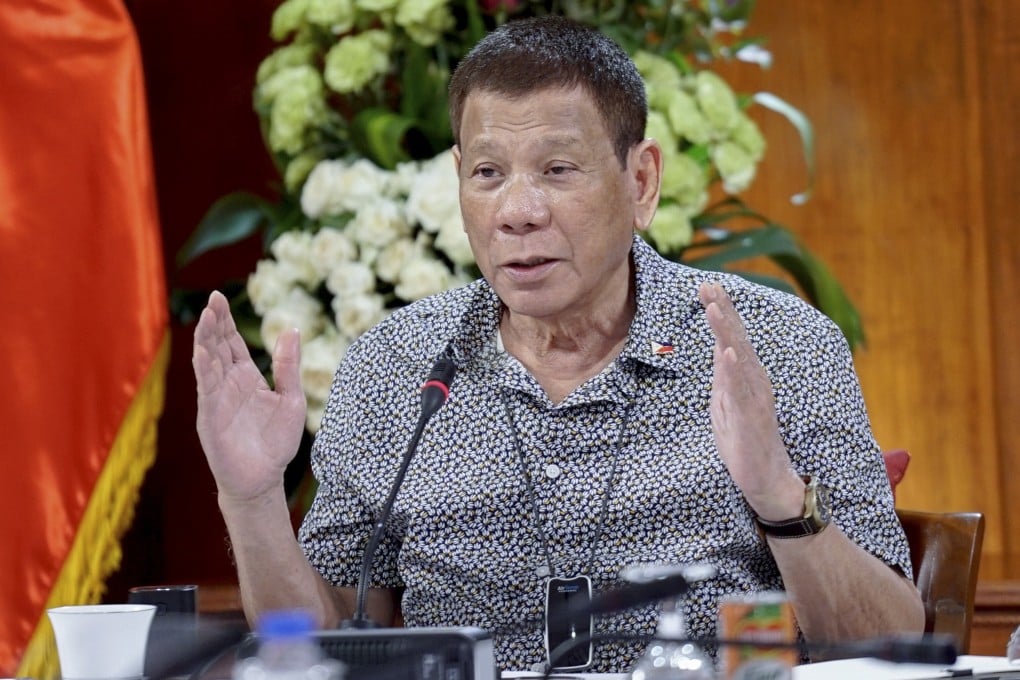South China Sea: Duterte rejects call to drop contracts with Chinese firms
- Philippine foreign secretary Teodoro Locsin, Jnr said Manila should join the US in blacklisting 24 Chinese companies involved in building artificial islands
- But President Rodrigo Duterte has said the Philippines is a free and independent country, and needs Chinese investment

Chinese envoy to Manila Huang Xilian praised Duterte’s pursuit of an independent foreign policy and said, “the pragmatic cooperation between China and the Philippines has always been based on mutual respect, mutual benefit and win-win results, and all projects are all conducted in compliance with the existing laws and regulations....I believe that any attempt to undermine the normal economic cooperation between China and the Philippines will never succeed.”
In an interview with a local radio station, Huang also said, “The participation of Chinese companies and individuals in domestic construction activities is legitimate, lawful and beyond reproach, lies entirely within its sovereignty. The move by the US side, under the pretext of protecting the South China Sea, grossly interferes in China’s internal affairs and aims to drive a wedge between China and regional countries.”
Two days later, Philippine foreign secretary Teodoro Locsin, Jnr. told CNN Philippines that if any of these Chinese companies have government contracts or are in any way involved in the reclamation of the islands, “then I would strongly recommend we terminate that relationship with that company”.
However, Locsin’s recommendation appears to have fallen by the wayside. On Tuesday, presidential spokesman Harry Roque said Duterte had stated that the US can blacklist Chinese companies in American territory. “But the president clearly said he would not follow the directive of the Americans because we are a free and independent country and we need the investors coming from China,” Roque said.